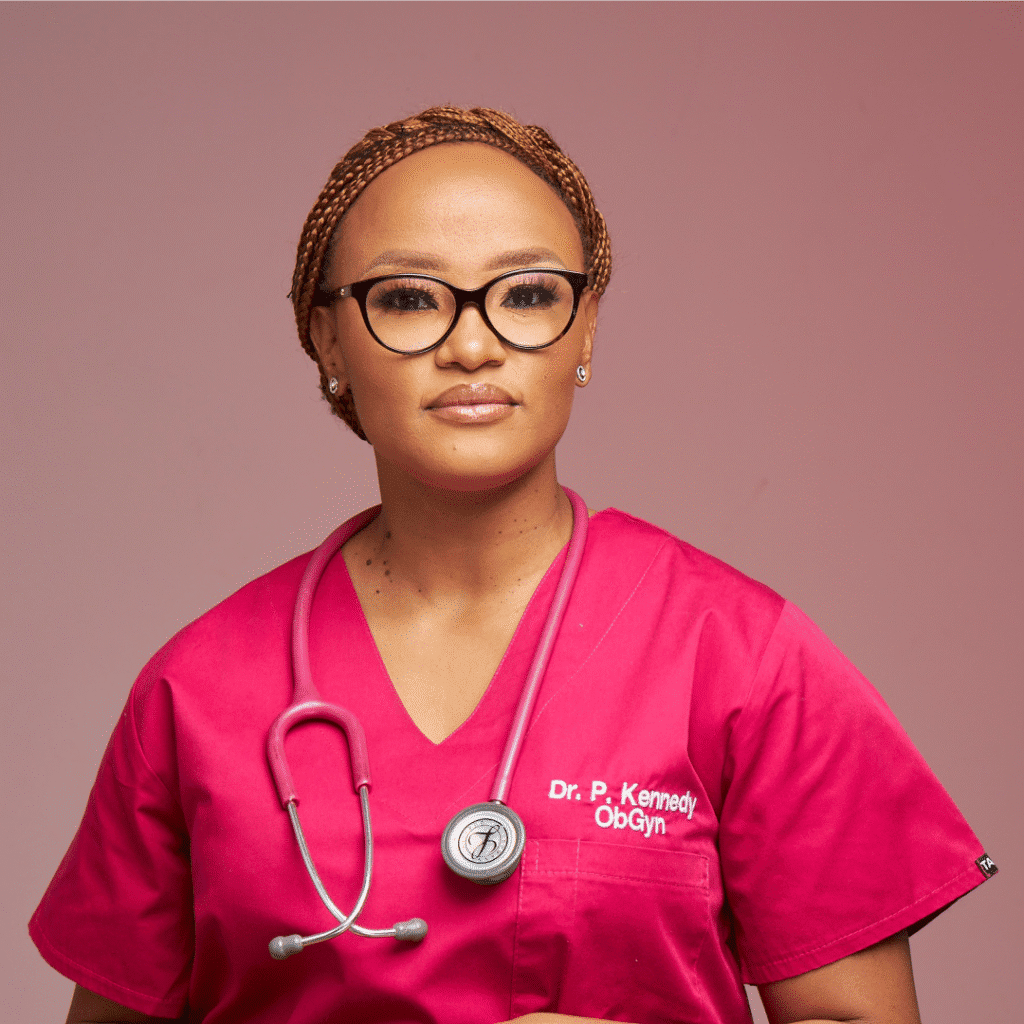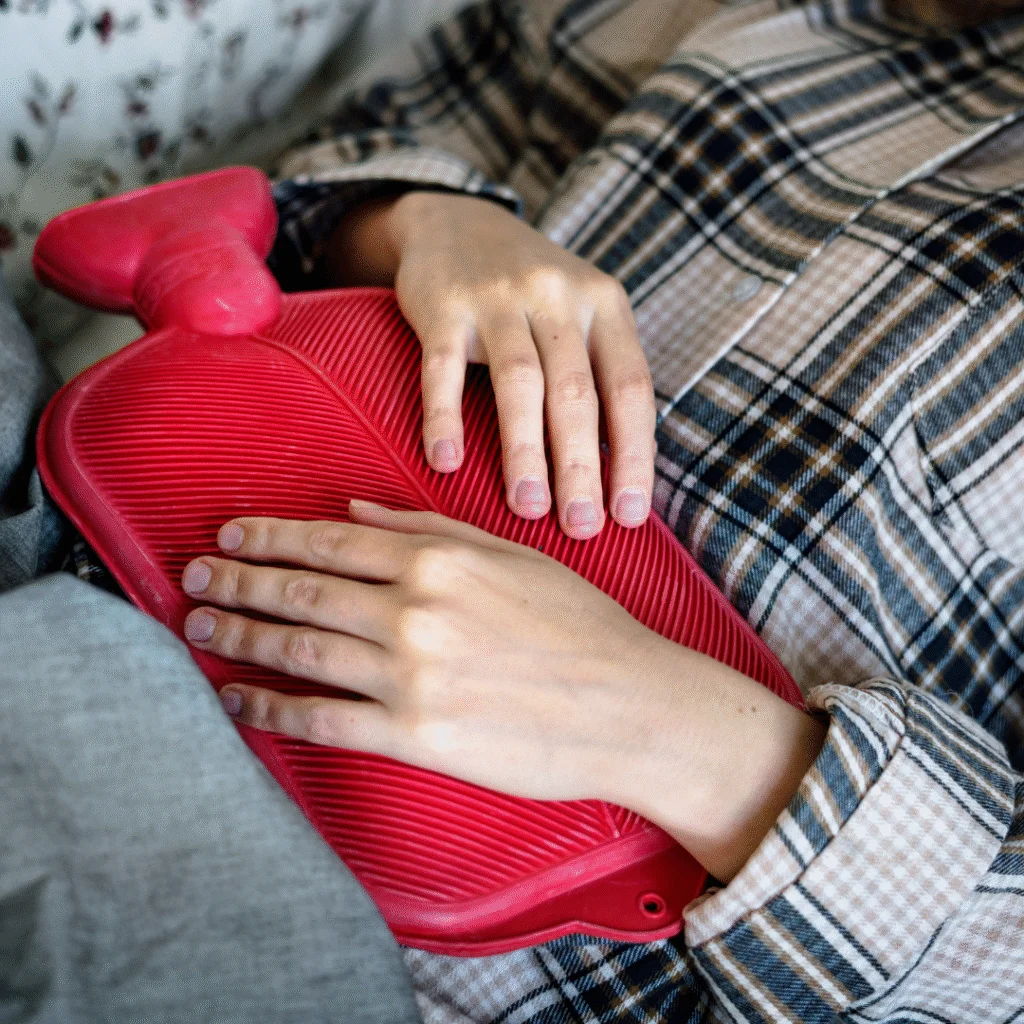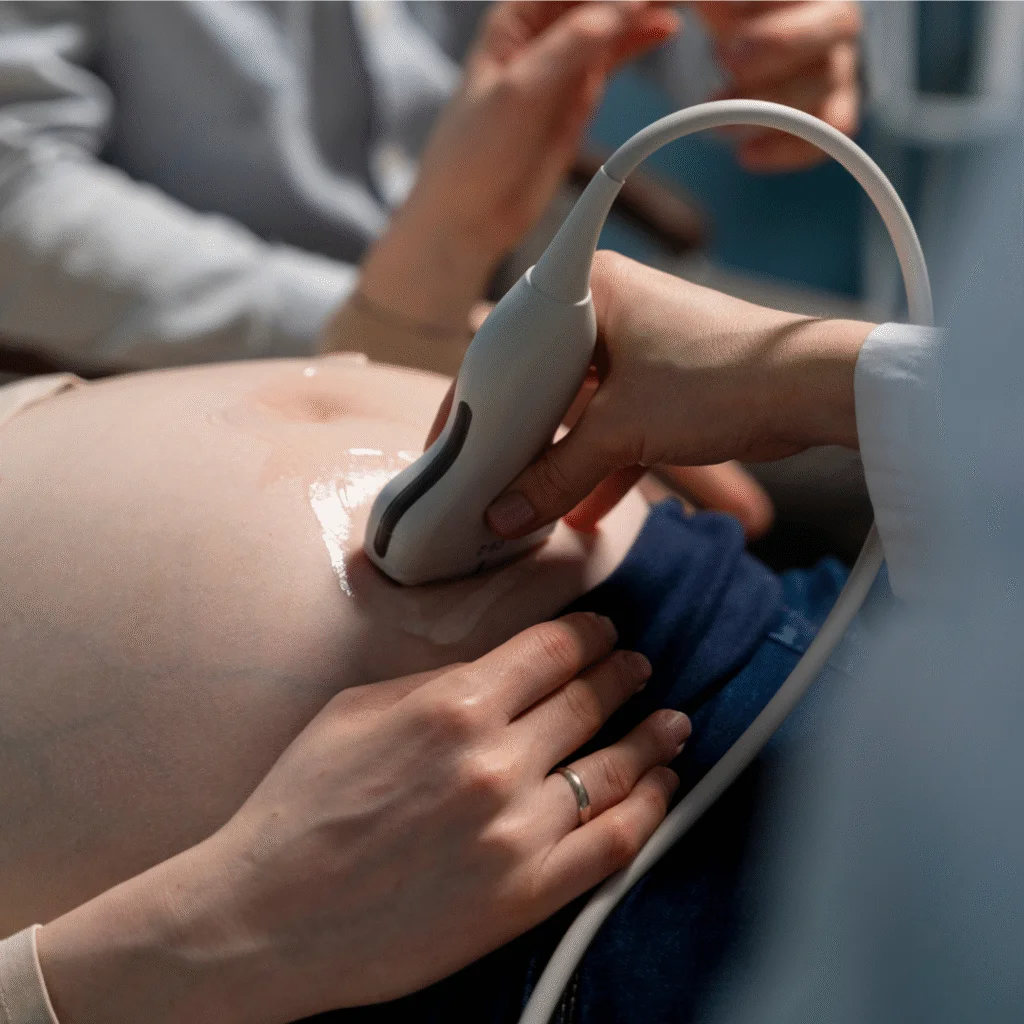

From a young girl’s first period to the transformative journey of pregnancy and the sometimes challenging arrival of menopause, hormonal changes shape every pivotal chapter in a woman’s life. While these changes are natural, they can bring physical discomfort, emotional turbulence and health risks if not properly managed. Yet, in South Africa, these transitions are often shrouded in misunderstanding and left unspoken, leaving many women and girls unprepared for what is to come.
Dr Palesa Kennedy, Obstetrician and Gynaecologist at Mediclinic Hermanus, believes it is time to change the conversation. “Every South African girl and woman should be empowered with honest, practical and age-appropriate advice throughout her life,” she says.
In this essential guide, Dr Kennedy shares expert insights into how women can better understand, prepare for, and manage the key hormonal shifts that define their womanhood.
Menstruation is a natural rite of passage, but for many girls, it arrives with confusion, embarrassment, and unanswered questions.
“Periods are a fact of life – young girls need to know this from the beginning, and they should be made comfortable to talk openly about it with a trusted adult,” says Dr Kennedy. However, she continues that parents and guardians should avoid projecting their own experiences. “Answer all their questions – focus on being factual, not emotional. Help them understand the changes that are happening in their bodies by naming them correctly and providing supportive care where needed.”
Premenstrual Syndrome (PMS) is another reality for many women, bringing mood swings, bloating, headaches, and more. She tells of how each woman’s symptoms are different and may vary from month to month. Women should be educated on how to manage them, either by using hormonal contraception, painkillers or natural remedies. While the severity of symptoms varies, Dr Kennedy offers these wellness tips for easier cycles:
– Exercise regularly to ease irritability and anxiety
– Avoid excessive sugar, salt, and fatty foods
– Prioritise sleep and stress management
Furthermore, she says: “A woman’s body is vulnerable during the time of her periods, with increased risk of infections. Practising good hygiene can prevent these infections, reduce odours and help you stay comfortable.” Some practical tips include:
– Bath or shower normally during periods and rinse the vulva with water only
– Wash hands before and after changing sanitary products
– Replace sanitary products regularly (throughout each period cycle)
– Use breathable cotton underwear and avoid tight fabrics
– Drink enough fluids to stay hydrated

The path to motherhood is often filled with excitement but also anxiety, especially for first-time moms. “The best way to enjoy your pregnancy is to prioritise your health and mental wellbeing. This eliminates room for anxiety associated with ignorance on certain issues.”
Hormone levels rise dramatically in pregnancy, affecting everything from energy to mood and appetite. Regular health checks are crucial to monitor both mother and baby. Dr Kennedy advises booking your first check-up as soon as you confirm the pregnancy and attending all follow-up appointments as advised by your healthcare provider. “If possible, attend these visits with your chosen partner so they are aware of your issues and can provide the support you need at home.”
Standard antenatal tests in South Africa include:
– For the mother: Anaemia and iron levels, syphilis, HIV, rubella immunity and blood group screening
– For the baby: Ultrasounds and genetic screening
Lastly, antenatal classes are another useful resource, which Dr Kennedy highly recommends for first-time parents. “They help you learn more about the social and practical aspects of pregnancy, childbirth, and childcare. They also connect you with other expectant parents who may become part of your long-term support system,” she says.

Menopause is often portrayed as a dreaded milestone, but it doesn’t have to be. Typically occurring between the ages of 45 and 55, this stage ushers in a significant drop in oestrogen and progesterone, resulting in hot flushes, mood swings, sleep issues, and even bone density concerns.
“Preparing for menopause requires a holistic approach that includes maintaining a healthy lifestyle through diet, exercise and stress management, as well as seeking emotional support and educating yourself about the transition,” says Dr Kennedy.
To ease the physical and emotional effects of menopause, she recommends:
– Eating well and exercising to maintain mood and overall health
– Increasing calcium and vitamin D for bone strength
– Keeping to regular sleep routines
– Managing hot flushes by dressing in light clothing, keeping rooms cool, and using fans
– Limiting alcohol and stopping smoking
– Building a personal self-care routine and engaging in pleasurable activities

While menstruation, pregnancy, and menopause are the big hormonal milestones, women can experience fluctuations throughout their lives for various reasons. These could include chronic stress, significant weight changes, thyroid disorders, and even environmental exposures such as pesticides.
Dr Kennedy’s final message is clear: “Hormonal changes are inevitable, but they don’t have to be feared. With the right knowledge and support, South African women can navigate each life stage with confidence and care.”
Too often, conversations about women’s health are avoided or brushed aside. By bringing these topics into the open, women can not only manage their own wellbeing more effectively but also empower the next generation of South African girls with knowledge, dignity, and support. Here’s to understanding more about hormones this Women’s Month!
Stay up-to-date on the hottest, hippest and most happening things to do in Mzansi!
